
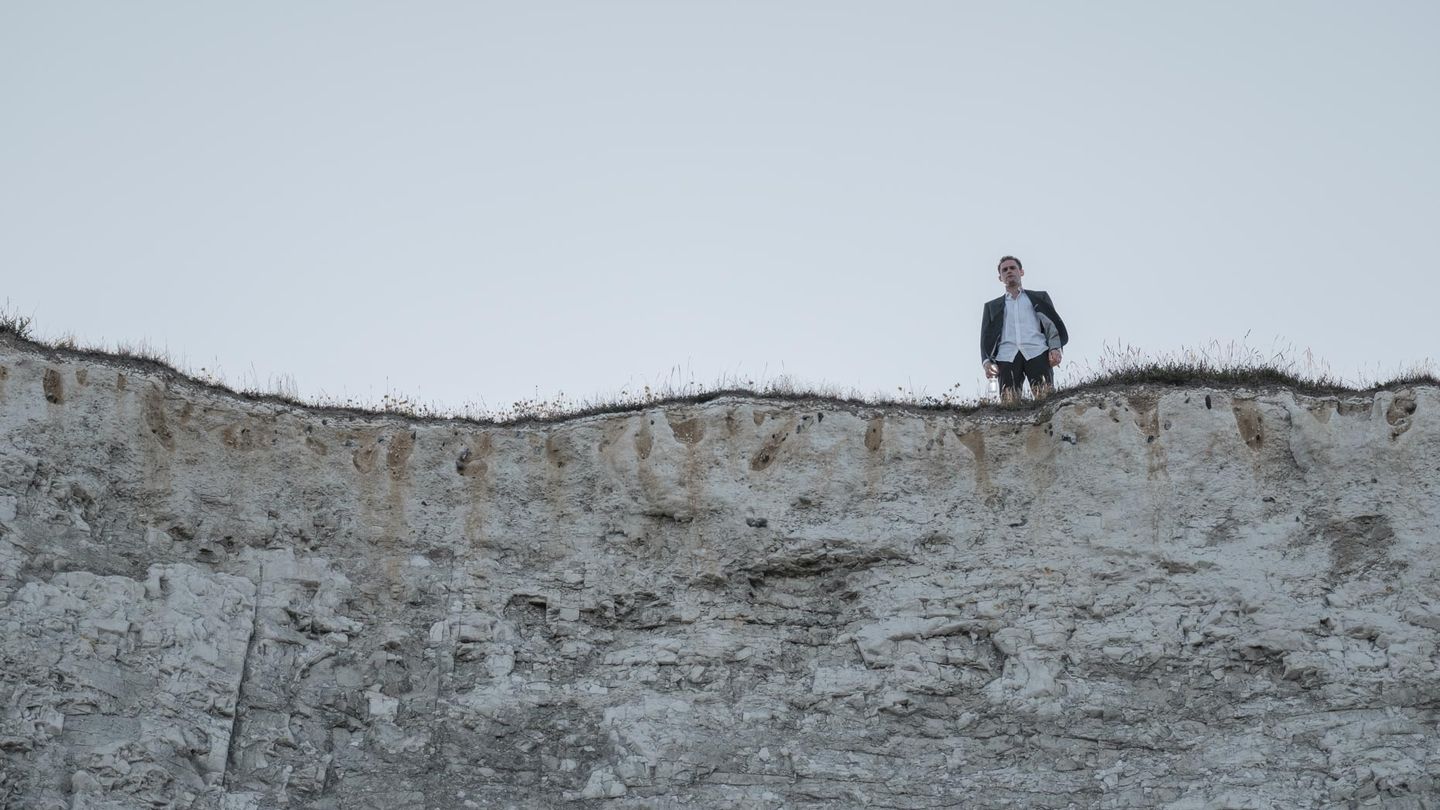
Words: Joseph Bullmore
“This film isn’t easy to watch,” begins Mark Stanley. “But people will watch it. And they should.”
He’s right on all three counts. Based on the real-life story of banker-turned-NSPCC campaigner David Tait, the actor’s absorbing new film, Sulphur and White, confronts several brutal truths at once. Yes, there’s the kaleidoscopic excess of the City’s pre-recession circus; the fetid, sunbaked horror of Tait’s South African upbringing; the digitised adrenaline flood of a billion dollar gamble.
But at its heart, the film is a tale of abuse, and abuse breeding abuse, and the frailties of the male ego. In other words: it’s a film that seems tailor-made for the current moment. “Yes, it’s got a message and it’s tough,” Mark tells me. “But if we sugar coat it, what’s the fucking point?”
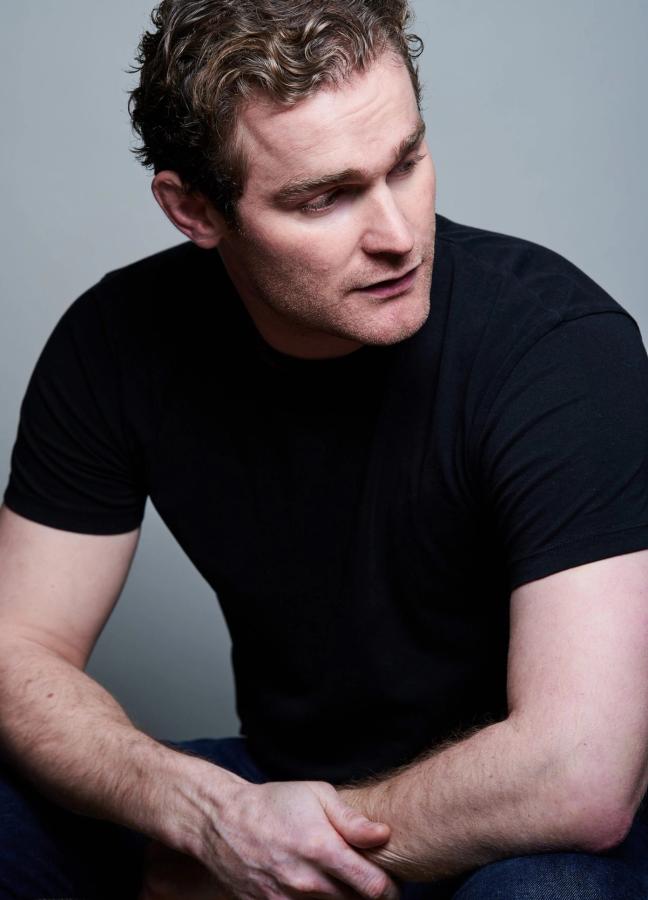
It also might be the film that pushes Mark Stanley into a new, rarefied atmosphere. You’ll know Mark from Game of Thrones, perhaps, where he had a pretty jolly time lolloping around on horseback as the ranger Grenn. But this role marks him out as something more than simply an action star. It proves, in fact, that he’s the kind of ultra intelligent actor who can bring conflicted characters to life with humanity and a lightness of touch. Which is just an indulgent fan’s way of saying: go see the film.
Here, in a wonderfully candid interview, Mark Stanley discusses the allure of the City lifestyle, the temptations of fame, and the power of speaking out.
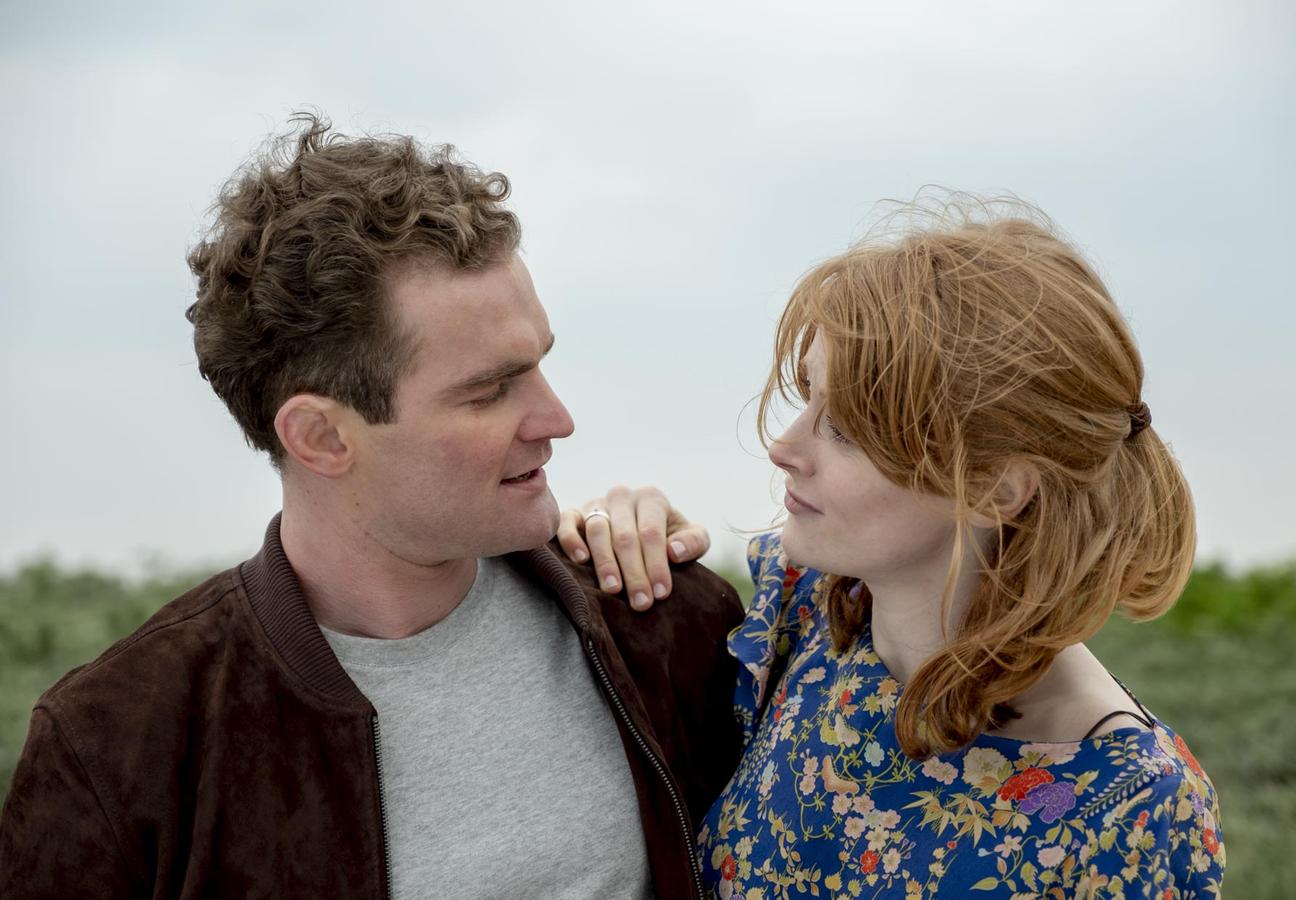
Mark Stanley plays David Tait, the banker-turned-NSPCC campaigner, in a star turn alongside Emily Beecham
JB: Do you think that this film feels particularly relevant in the current climate?
MS: It is poignant that it’s coming out at the minute. It does feel like it’s a film of today. We’ve got the stomach for it now. This film isn’t easy to watch, but people will watch it. And they should. We shone a light on David Tait’s behaviour because it shows the pattern of abuse, and the collateral damage that is left in its wake.
It’s weird, isn’t it, that I can sit here and talk about it. It almost sounds taboo for me to say: “David treated his wife horrifically.” But we have to say it, otherwise there’s no point. It’s time to stand up and find your voice. David’s been brave enough to do it. Making money from this film is not the priority. This is about a message. People need to understand what abuse is, and what behaviour is manifested from it. In his case, it became a monetary obsession — he became someone who was obsessed with their job.
Is the finance industry still completely dominated by men, do you think? And is that a good thing or a bad thing?
You hear of examples of women behaving like men to gain status [in the City]. But I’ve always been a fan of women finding their own way. In Iceland, when they had their financial crash, the only bank that remained open was a bank that was predominantly run by women.
In David’s day, it was all Wolf of Wall Street and power and bullshit — personal significance materialised into goods rather than how happy you are and how pleasant you are. But are things moving on now? I don’t know! I think as we see more women in places of power we’ll see a difference. I come from a family of strong women. We often make the joke that if the men all died, the women would thrive, and do better than they ever did. So I’ve never been brought up around that kind of toxic male environment.
Did you study real-life bankers when preparing for the role?
We filmed in ICAP [a global financial broker], and I was able to go to the back of the room where you’ve got all these phones, and you’ve got all these old East End blokes. They were born under the Bow Bells, then moved out to Buckhurst Hill, moved out to Loughton, out to Essex. They’ve been there since 1972. Their ties are off, they’re screaming down the phone at people — and you can feel how winning, drive and dominance is all powerful, and it certainly feels like a male trait in there.
How does this kind of work differ to your earlier, more action-based roles?
Game of Thrones was great fun. You’re a kid in the woods again, running around with a stick pretending it’s a sword. But you’re a small cog in a machine. It’s not thankless, but you’re working for a show, not for you. And the actors I like are people who shape-shift, who inhabit different worlds.
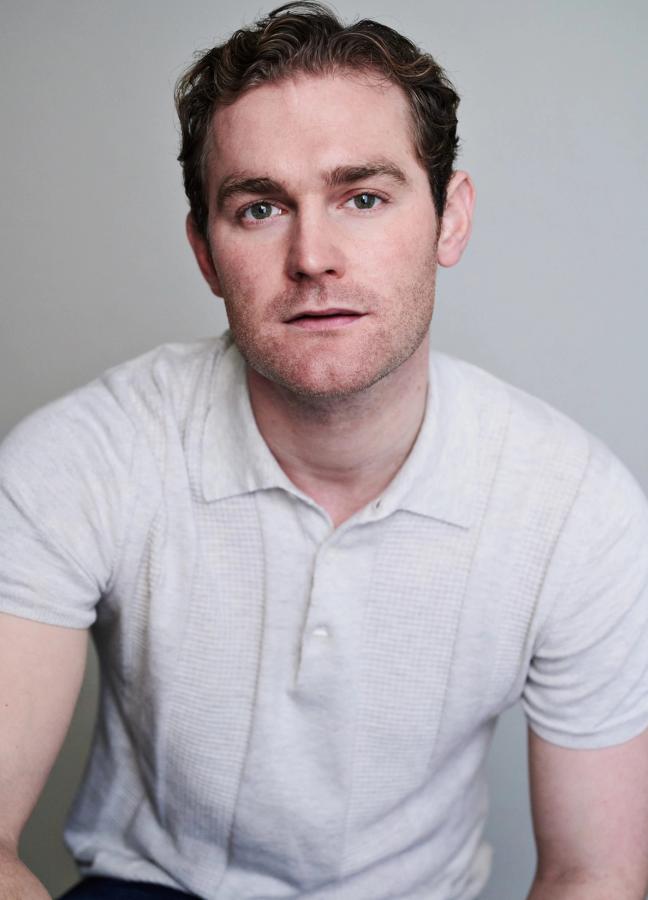
This may well be a “breakout” role for you. Do you like the idea of being famous?
I’d like the opportunity to get good work. I think people look at me twice, but it’s not necessarily a moment of ‘oh my god’. I haven’t played something that has become my identity, which I’m glad about. I think it offers longevity. I feel privileged that people do consider me to be of an intelligence that I can spend time with people who have had horrific experiences and that they feel they can put their life into the cradle of my hands.
Obviously swinging swords and riding horses is great fun. But those people who walk into a room and make you look over — not because of the amount of times they’ve been on the cover of a magazine but because people know their talent level — that’s something to strive for.
I’ve known people who have walked into lead franchises very quickly. Not only is it the most panicked situation, where you’re suddenly opposite people you’ve been watching since you were a kid. But it’s the amount of money that’s being thrown at you. The amount of attention. It’s so easy to disconnect quickly and go: ‘my life is not the same as your life anymore’. It becomes your identity.
The bottom line is this: profile brings opportunity, the opportunity for good work. But I think sometimes you can choose to wear the sunglasses inside or not.
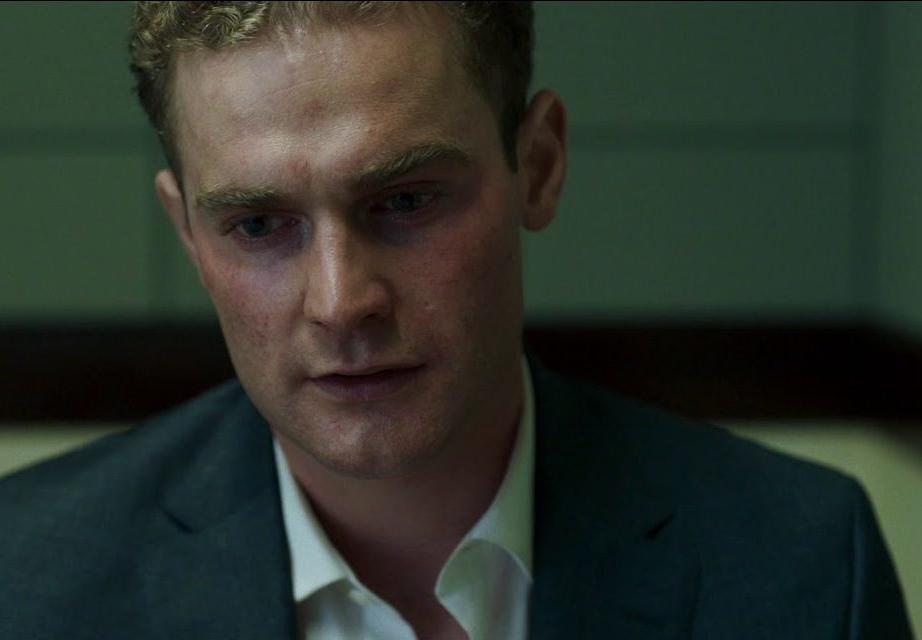
Is it difficult playing a real person — particularly when you’re portraying someone in an often less-than-flattering light?
I’ve played three real people, and David was the most present on set. It was pretty full on to be honest with you. You have to take yourself away and say: ‘this shit happened to him. These are real broken relationships that he’s got.’ So you’ve got a real empathy towards him and a level of respect. I stand in admiration for him. Hopefully it will bring other people forward and give them an opportunity to not sit in silence.
I’ve seen some reviews that said: “I liked Mark’s performance but he was a bit inaccessible to me.” But I spoke to David and he said: “They’ve missed the point. I didn’t want to let people in.”
His suit was his armour. There’s this line that David’s dad says in the film: “You’re just me in a better suit.” It’s the most terrifying thing an abusive father can say. Luckily for David, he killed the problem. He weeded it out. Because abuse breeds abuse. And that’s the message of the film, I hope. That the cycle can be broken.
More from Hollywood: Oliver Jackson-Cohen on why he never wants to play Prince Charming…
Join the Gentleman’s Journal Clubhouse here.


